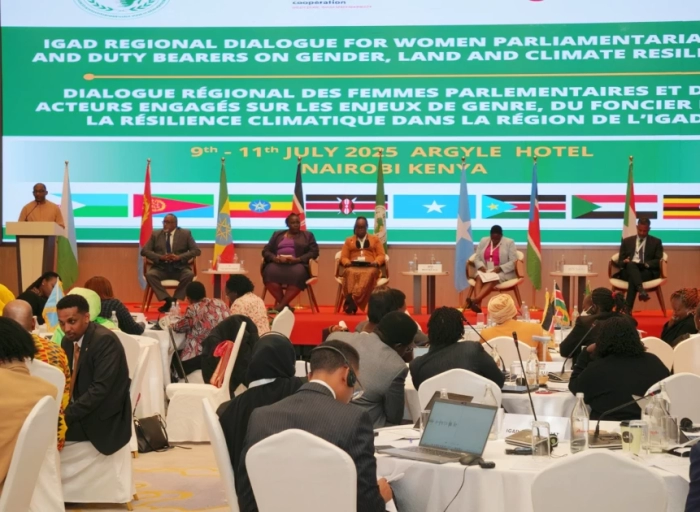In a significant move to counter the growing threat of violent extremism, nearly 250 imams and Islamic preachers gathered over the weekend for a national workshop aimed at curbing online hate speech in Burkina Faso. The two-day awareness session, hosted by the Federation of Islamic Associations of Burkina Faso (FAIB), follows a troubling surge in extremist violence and the misuse of religious rhetoric online.
At the workshop, participants were introduced to a newly developed guide on responsible public preaching. The document explicitly prohibits the use of inflammatory or violent language, emphasizing that religious discourse must promote peace and national stability.
“We encourage Muslim youth to use social media responsibly and are committed to strengthening the ongoing training of imams and preachers on digital issues and religious communication,” FAIB stated on its official Facebook page.
The organization warned that non-compliance with the code of conduct could lead to disciplinary or criminal sanctions, including a ban of up to two years from preaching. This comes after a disturbing video surfaced in October showing a preacher inciting violence against another Muslim group—an incident that prompted FAIB to condemn the “emergence of dangerous deviations in religious discourse.”
As digital connectivity expands across Africa, so too does the influence of social media in shaping public opinion. However, according to a recent UNDP report, these platforms have become a “double-edged sword,” offering extremists a powerful tool to radicalize and mobilize followers by amplifying emotionally charged content that exploits social grievances.
The stakes are high in Burkina Faso, where terrorism-related deaths have surged by 68%, making it the deadliest country in the world for terrorism, according to UN data. The Sahel region as a whole continues to bear the brunt of global terrorism, accounting for over half of all terrorism-related fatalities worldwide for the third consecutive year.
FAIB’s initiative marks a crucial step in leveraging religious leadership to promote peace and counter digital radicalization—highlighting the role of responsible communication in the fight against extremism.




